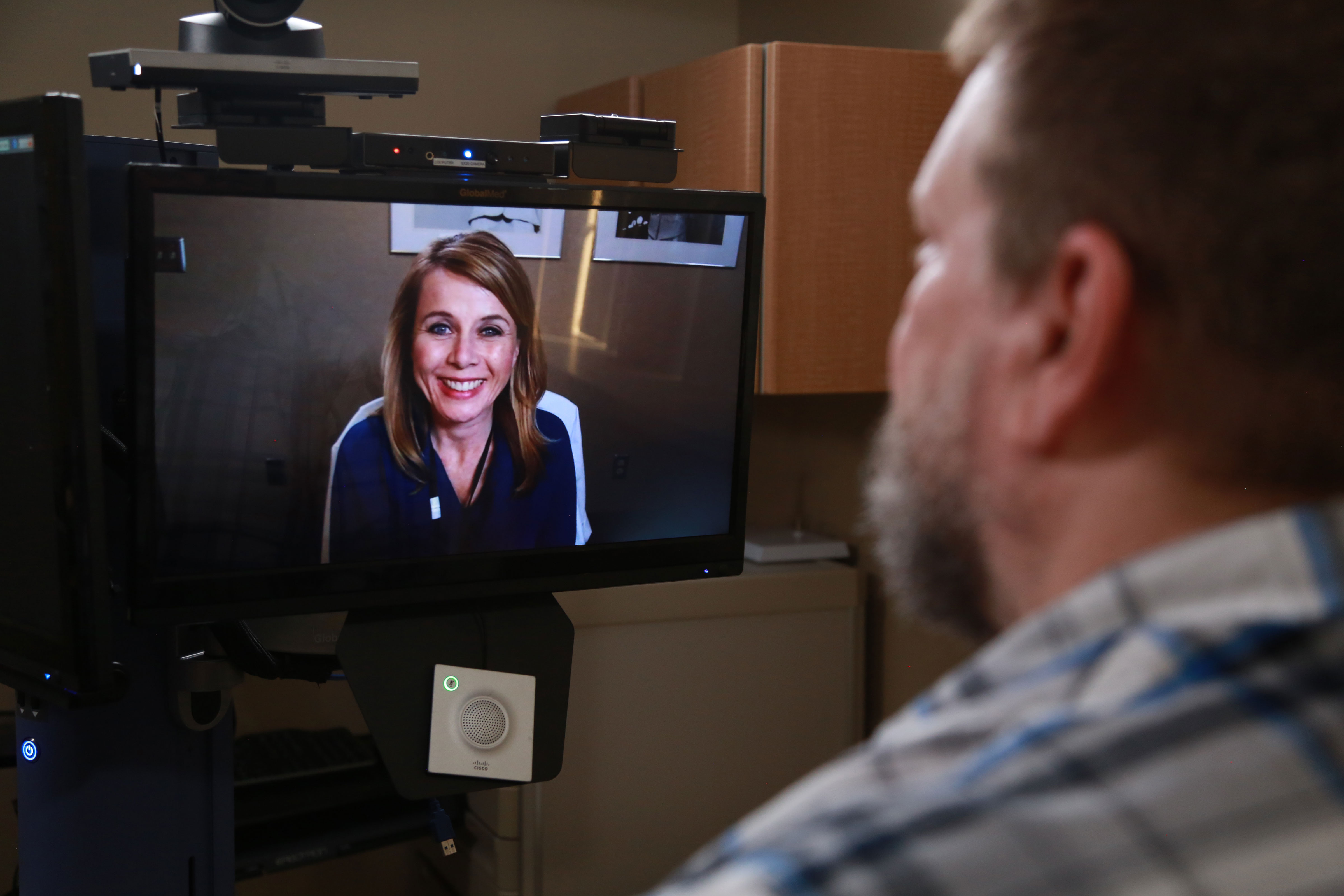Because of social distancing and other restrictions, many healthcare providers are offering virtual visit options. A virtual visit means it’s almost like you are there, but not really. You may have heard the terms, “telemedicine” and “telehealth.” These are electronic options that allow a patient and provider to interact via computer, smartphone, tablet, and other technology. Medical information and files can be shared and stored online and between digital storage units for quick and easy access and recovery.
Since the days of wired telephones, technology has allowed patients and providers to communicate in a preliminary non-face-to-face manner, usually before an appointment is made for a “real” meeting, be it at the medical office or at home. However, the current technology allows real-time monitoring of health issues as well as the ability to diagnose common illnesses without the time and expense of traveling to the office. This has become especially important as fears and symptoms rise and the advisability of human contact sinks.
Federal and state laws and regulations regarding telemedicine differ, of course. And as virtual visits and such increase, the possibility of liability claims increases as well. The standards of care for telemedicine are often not clear and uniform across state lines, and miscommunication is a real possibility. Even equipment malfunctions and human error can occur, affecting the diagnosis and treatment of a patient.
According to experts in this changing world, the use of telemedicine will likely have wide-reaching implications for health care and health care law, including medical malpractice. Be sure you understand your provider’s privacy and other policies and responsibilities when you engage in virtual visits and telemedicine.
If you need legal advice in managing an estate, trust, other elder law issue or veteran’s benefits, the Law Office of Scott C. Painter can help. We specialize in elder law issues ranging from nursing home planning, guardianship, wills, trusts, estates, veteran’s benefits, and other related legal matters. Attorney Scott Painter is CELA® certified under the National Elder Law Foundation (NELF).
A call to us is free, and the best advice is to act now to educate yourself about your options. Waiting to seek legal counsel may limit your options and be costly. Call now for your free consultation at 610-378-5140 or visit https://painterelderlawpc.com/ for more information.
